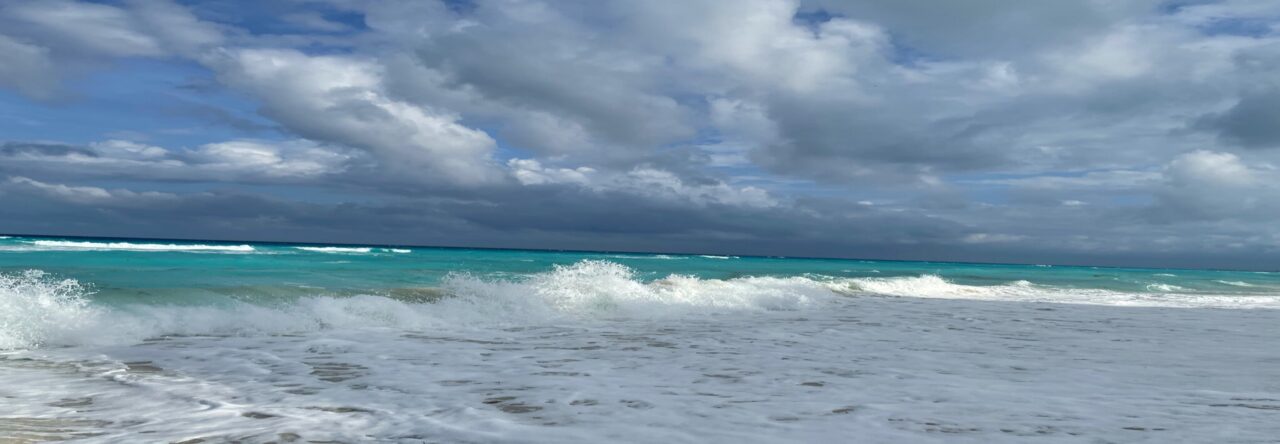The editorial below appeared in the Nov. 12th Quad City Times and was written by Michael Gerson (WaPo). When you’re right, you’re right and I’m sure Gerson has said this better than I could:
************************

BEE GONE: A POLITICAL PARABLE
President Donald Trump will be remembered for many things. For the audacity of his mendacity. (* He just fired the head of the cyber security team). For his ready recourse to prejudice. For his savant’s ability to rile and ride social resentment. For his welcoming of right-wing crackpots (QAnon?) into the Republican coalition. For his elevation of self-love into a populist cause.
For his brutal but bumbling use of force against protesters. For his routinization of self-dealing and political corruption. For his utter lack of public spirit and graciousness even to the very end.
And, to be fair, for the remarkable achievement of winning more than 73 million votes with an appealing message, without significant achievements, without a discernible agenda for the future (and after 240,000 U.S. citizens lay dead because of his inattention to duty.)
But although Trump will be remembered for all these things, he will be judged for one thing above all: When the pandemic came and hundreds of thousands of Americans died, he didn’t give a damn.
How do we know this? It is not easy to read a man’s heart, but it is easy to detect that organ’s absence. Trump is not only refusing to provide leadership during a rapidly mounting health crisis, he is also sabotaging the ability of the incoming Biden administration to cooperate with leaders at the Centers for Disease Control and Prevention, the National Institutes of Health and other government agencies. By disrupting the presidential transition during an unfolding Covid-19 disaster, Trump is engaging in history’s most dangerous sulk.
Even before his re-election loss, Trump had trouble expressing empathy for victims of the virus and their families. Even after his own bout with Covid-19, Trump did not seem capable of feeling or imagining the suffering of others. (*We saw this in Puerto Rico when his sole presidential act was to throw paper towels to the suffering populace.)
This may reflect some psychological incapacity. But it also indicates a certain view of pandemic politics.
From the start, Trump did not believe the disaster itself was a true enemy. Rather, he viewed the public perception of widespread disease as the real threat—the threat to his political future. So, the fewer Americans who believed in the disease’s spread, the better. And the less attention the victims of the disease received, the better.
 This helps explain Trump’s own explanation given to the Washington Post’s Bob Woodward at the start of the pandemic. “I wanted to always play it down,” the president said. “I still like playing it down, because I don’t want to create a panic.” A panic, after all, might spook the stock market, or make him appear responsible.
This helps explain Trump’s own explanation given to the Washington Post’s Bob Woodward at the start of the pandemic. “I wanted to always play it down,” the president said. “I still like playing it down, because I don’t want to create a panic.” A panic, after all, might spook the stock market, or make him appear responsible.
This is a distorted way to view both illness and politics. Interpreted as an attack on him, Covid-19 should be minimized. In reality, the disease was—and is—an attack on the American public, which can be fought only by elevating attention to the disease and warning against indifference. It was Trump’s monomania that dictated the path of denial and inaction.
At one point early in the unfolding crisis, a senior official urged Trump to take leadership and “own the problem.” But that is exactly what the president wanted most to avoid. As the danger became undeniable, the president doggedly denied it. “It’s going to disappear,” said Trump.
The goal was not to calm the public, but to anesthetize it.
In this cramped and selfish view of the world, every Covid-19 victim who is highlighted by the media is perceived by the president as an attack on himself. And the public expression of sympathy on his part would be self-sabotage, an admission of his failure.
So when Trump recovered from the disease, he did not say, as former Governor of New Jersey Chris Christie did, “I should have won a mask.” Instead, Trump pronounced himself “immune,” held dangerous largely mask-free rallies, and used his own recovery to play down the seriousness of the disease.

Covid-19 Test Site.
Recovery from Covid-19 did not change Trump’s perspective, and neither has electoral loss. The president is apparently too busy moping, golfing, fuming and lying to assume leadership during a spiraling health crisis. (*Today, however, he took time to fire the head of cyber-security for the election and to make an attempt to disenfranchise all of Detroit.).
He has roused only enough interest to take personal credit for a prospective vaccine. Once again, Trump does not seem to regard Covid-19 as a threat to the country requiring responsible action He sees the pandemic as an attack on his person to be downplayed or denied.
This is egotism, turned cruel and deadly. (*The nation’s Top Psychiatrists say that Trump is, indeed, a malignant narcissist. This means narcissism, anti-social personality disorder, paranoia and sadistic tendencies rolled into one and created to describe Hitler.)
The country will not be delivered by appealing to Trump’s better angels, who fled in disgust long ago. It might help if elected Republicans stopped ignoring and enabling Trump’s lethal tantrum. But the hours until noon, January 20th, still move too slowly.

